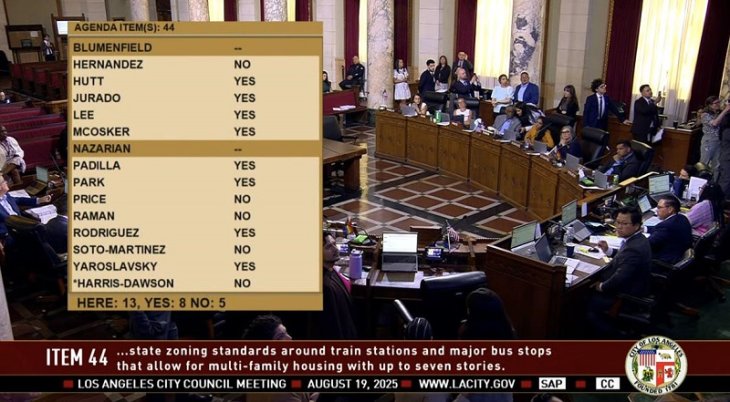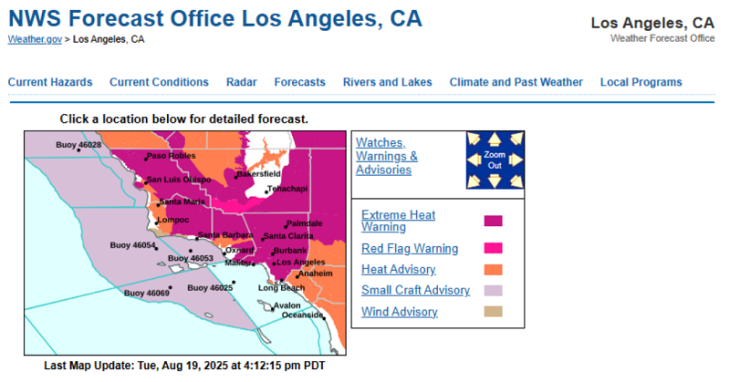Property Tax Court Case Decision Ruling Handed Down Tuesday
By Dolores Quintana
The lawsuit challenging the city of Los Angeles’ “mansion tax,” also known as Measure ULA, was dismissed by a Los Angeles County judge on Tuesday, bringing an end to a legal battle initiated by the luxury real estate sector that aimed to demonstrate the measure’s unconstitutionality.
Los Angeles County Superior Court Judge Barbara Scheper issued a preliminary ruling on Monday, subsequently dismissing the legal challenge after hearing arguments from both sides. The lawsuit had been filed by Newcastle Courtyards and the Howard Jarvis Taxpayers Association. Following the ruling, an attorney representing Newcastle Courtyards expressed intentions to challenge the decision.
The Public Counsel issued a statement after the ruling, which said, “We applaud the superior court’s dismissal of both lawsuits against Measure ULA. The court’s ruling to uphold Measure ULA is a resounding legal victory for the power of the people to initiate and enact transformative solutions to address our city’s urgent housing and homelessness crises. Measure ULA has always been a valid exercise of the people’s initiative power guaranteed in the California Constitution. Despite attempts by special interest groups and wealthy property owners to overturn the will of the people, we are pleased that the courts now decisively agree with us.”
The money raised by Measure ULA will be used to build affordable housing; both the money and the affordable housing are needed desperately by the city and will also be used to help residents who are at risk for homelessness. The City of Los Angeles’ website on the Measure states, “Measure ULA established the ULA Tax to fund affordable housing projects and provide resources to tenants at risk of homelessness. The ULA Tax is imposed on all documents that convey real property within the City of Los Angeles when the consideration or value of the real property interest conveyed exceeds a threshold of five million dollars, or is ten million dollars or greater, respectively.”

























